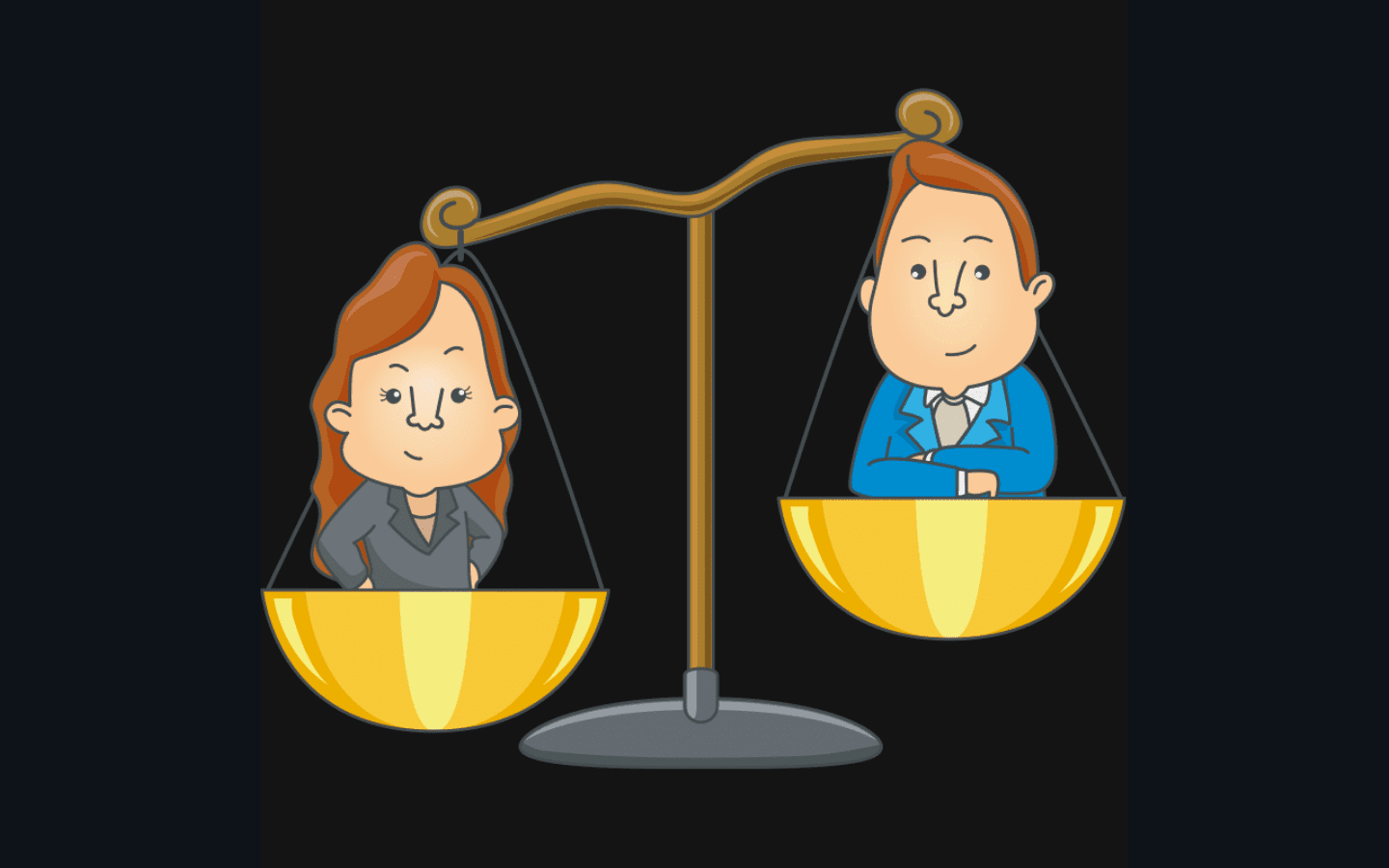STOP gender discrimination in academia: An open letter to ISI publishing group


I have always dreamed of writing such a letter to you, but I did not know where to send it. Since I have found the Realshepower magazine, I have a place for my writings to be read, so I hope you read my letter here. As an Iranian female student, I have always witnessed how many ISI papers published in Iran were used as a tool for gender discrimination. In Iran, in academic environments, there are gender stereotypes. Male students are considered future breadwinners who are entitled to publish many ISI papers even by making false data. And then there is a ceremony of male student achievements by showing off their papers to female students! It is unfair not allowing female students to publish as many ISI papers as male students publish. I understand that the research’s ultimate goal is not to be caught in a rat race to publish many papers that do not contribute to scientific development. What makes this rat race even worse is using ISI papers for gender discrimination. As great scientists providing opportunities for researchers to make their research accessible to the whole world, I am sure that you do not want papers that contain false data as a sign of male superiority will be accessible on your websites. It is vital to control the papers published by male chauvinist professors. Sometimes regardless of gender, some professors, the center of power in Iranian universities, take the manuscript of their students as a hostage. A student who has spent a year on a research project is not allowed to submit his/her manuscript, or even he/she is not informed about the journal the professor wants to submit the paper, a paper written by the student!
One common lies that can be read on the ISI papers published by Iranians is on the Acknowledgment part, where we thank the research council of our universities for paying for our research! The reality is that some state universities in Iran illegally force their students to pay for their research, precisely like the university of mine.
In a nutshell, allowing some Iranian professors to publish papers helps spread lies, false data, and toxic masculinity.
What is ISI?
Institute for Scientific Information (ISI) (an academic publishing service) was founded by Eugene Garfield in Philadelphia in 1956. scientometric and bibliographic database services were offered by ISI. Garfield pioneered in specific fields of Citation indexing and analysis. Citation databases that cover thousands of academic journals are maintained by ISI journals. These citation databases include print-based indexing service, the Science Citation Index (SCI), as well as the Social Sciences Citation Index (SSCI), and the Arts and Humanities Citation Index (AHCI). ISI web of knowledge database service makes this possible for researchers to recognize the most cited papers. More than 14000 journals and their Impact factors are in the ISI list. Database of highly cited researchers Called ISI highly cited includes scientific researchers with the most citation in academic journals taken as a measure of these academics’ esteem.
